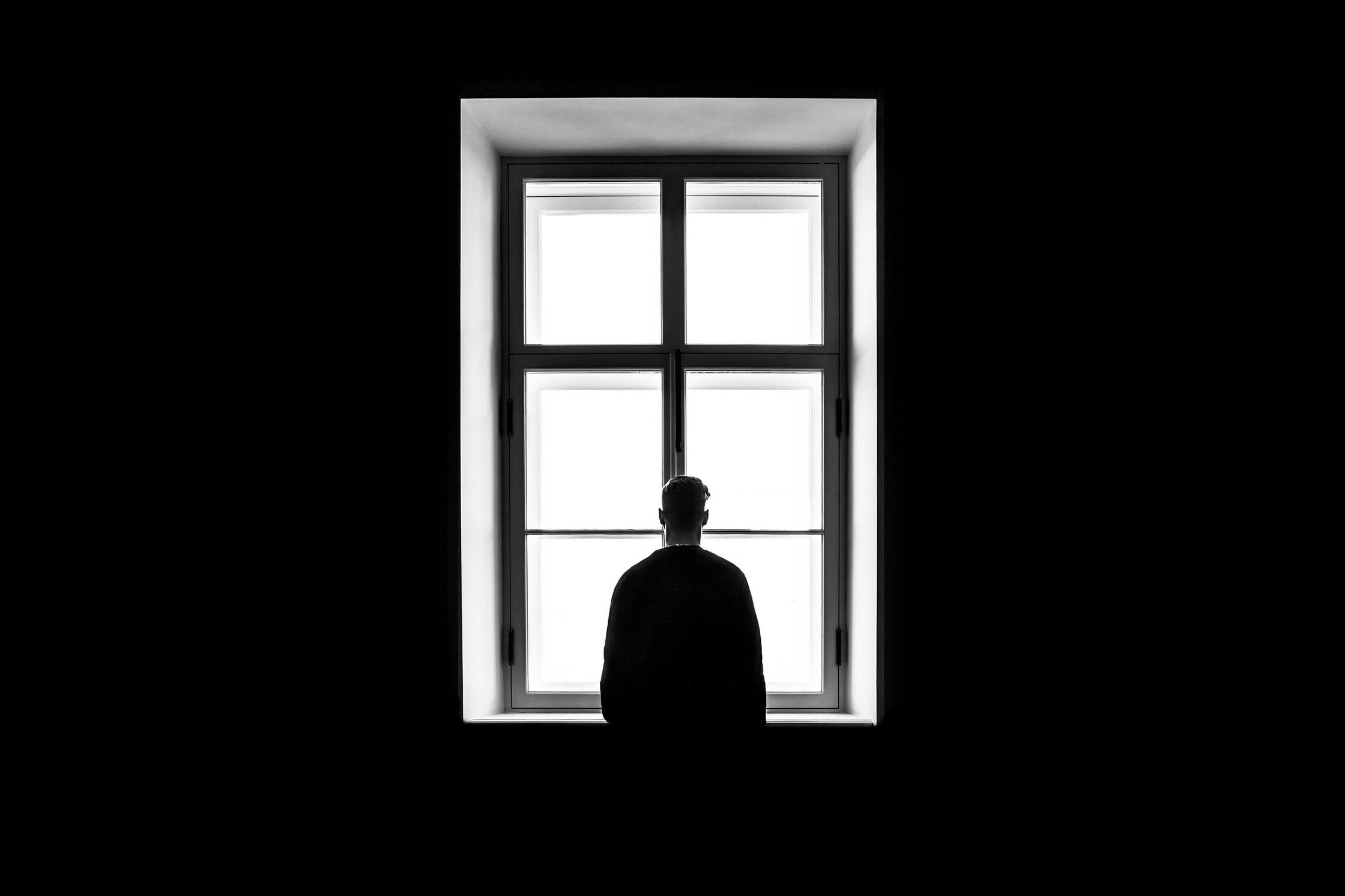Avoiding Somnolence in Recovery and in Life
If we are not careful we continue to avoid our emotions and seek somnolence - in a glass bottle; a pill bottle; or a bag.

Many of us don’t know this term but know it when we see it; someone who is somnolent.
This person is able to go about their day to day without displaying a lot of emotion. They may seem stoic. Subconsciously, we may envy this person because they may seem as if nothing “gets to them”.
Is this person really abstinent of stress?
Maybe they are, maybe they are a “deep thinker” and that is okay - but it isn’t if it is medically induced.
If it is induced by chemical substances either prescribed or not prescribed then many of these folks will decline mentally and or metabolically at a faster rate than those who are not taking or otherwise using these substances.
To me, a fascinating symptom of addiction is the often sought after desire to be somnolent. The desire for the world not to “bother us”. A desire I have found to be the polar opposite of most elderly patients in nursing homes or in patients psychiatric facilities who suffer from schizophrenia.
Consciously or subconsciously we know our addiction has affected those around us. It has harmed our relationship with them. We wonder if they can, will, or want to forgive us. We want to avoid the thought and the emotions we have when we process those thoughts. Or, maybe, real harm has occurred and we suffer from PTSD, we don’t want to deal with fear and we try to mask it.
If we are not careful we continue to avoid our emotions and seek somnolence - in a glass bottle; a pill bottle; or a bag.
At The Counseling Center we aim to “reduce the use” of medications which cause somnolence. We don’t want to enable our population to further mask emotions or reduce their social interactions.
Social connections, working with others in recovery, and contributing to society are musts in living a rewarding life in recovery. So to “reduce the use” is a must!
Rather than solely medication – TCC believes in the use of multiple interventions to appropriately manage symptoms of early recovery.
Try to first consider diet and exercise to reduce anxiety. If the anxiety comes back, often, upon reflection, we will find that we have drifted in terms of watching our diet and exercising routinely.
In addition to paying attention to what you’re doing to take care of yourself physically, consider your social capitol. Are you isolating? If not, what are the people around you doing? Is it in alignment with the direction you want to take your life? It is said, “We are the sum of our 5 closest friends”. We encourage our client population to find their tribe; to get out in the community and make new positive connections; to surround themselves with positive, like-minded people.
These routines, plus counseling, help us process emotions and manage behavioral health symptoms.
I encourage you to follow us on Facebook and Instagram as we continue to share our thoughts and practices in the business of Mental Healthcare. If you or someone you love is in need of behavioral treatment of any kind–reach us at 740.354.6685 or 24/7 on the Crisis Hotline 740.354.1010.
💣 💪 💪 💯
